Kenneth Fisher
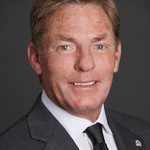
Kenneth Fisher
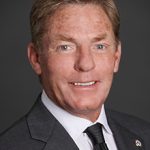
Ron Kikinis

Sharn McNeill

SBMT2014 Gala Awards Pt5 – Beacon of Courage – Sharn McNeill (VIDEO)
Skip Rizzo

Stephen Hawking
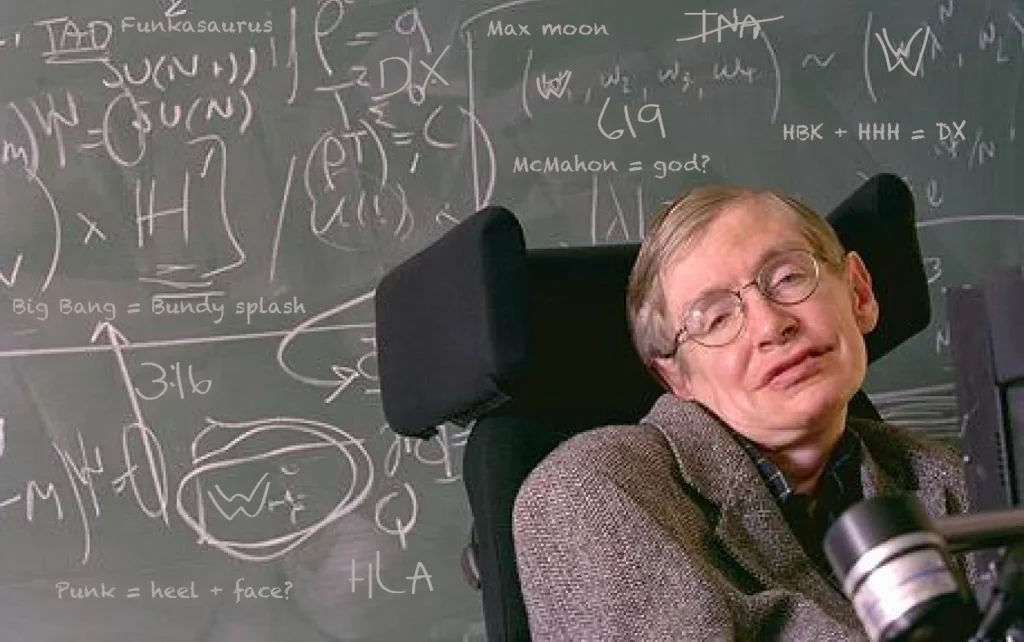
Professor Stephen Hawking Beacon of Courage and Dedication Award Stephen William Hawking (8 January 1942 – 14 March 2018) was an English theoretical physicist, cosmologist, and author who, at the time of his death, was director of research at the Centre for Theoretical Cosmology at the University of Cambridge.[6][17][18] Between 1979 and 2009, he was the Lucasian Professor of Mathematics at the University of Cambridge, widely viewed as one of the most prestigious academic posts in the world.[19] Hawking was born in Oxford into a family of physicians. In October 1959, at the age of 17, he began his university education at University College, Oxford, where he received a first-class BA degree in physics. In October 1962, he began his graduate work at Trinity Hall at the University of Cambridge where, in March 1966, he obtained his PhD degree in applied mathematics and theoretical physics, specializing in general relativity and cosmology. In 1963, at age 21, Hawking was diagnosed with an early-onset slow-progressing form of motor neurone disease that gradually, over decades, paralysed him.[20][21] After the loss of his speech, he communicated through a speech-generating device initially through use of a handheld switch, and eventually by using a single cheek muscle.[22] Hawking’s scientific works included a collaboration with Roger Penrose on gravitational singularity theorems in the framework of general relativity, and the theoretical prediction that black holes emit radiation, often called Hawking radiation. Initially, Hawking radiation was controversial. By the late 1970s and following the publication of further research, the discovery was widely accepted as a major breakthrough in theoretical physics. Hawking was the first to set out a theory of cosmology explained by a union of the general theory of relativity and quantum mechanics. He was a vigorous supporter of the many-worlds interpretation of quantum mechanics.[23][24] Hawking achieved commercial success with several works of popular science in which he discussed his theories and cosmology in general. His book A Brief History of Time appeared on the Sunday Times best-seller list for a record-breaking 237 weeks. Hawking was a Fellow of the Royal Society, a lifetime member of the Pontifical Academy of Sciences, and a recipient of the Presidential Medal of Freedom, the highest civilian award in the United States. In 2002, Hawking was ranked number 25 in the BBC‘s poll of the 100 Greatest Britons. He died in 2018 at the age of 76, after living with motor neurone disease for more than 50 years. Wikipedia
Steve Rusckowski
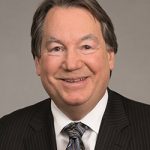
Paul M. Thompson
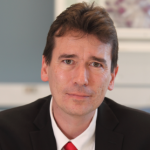
See Biography: Here Paul Thompson is a Professor in the Keck School of Medicine of USC. His team’s research projects focus on the neuroscience, mathematics, computer science, software engineering and clinical aspects of neuroimaging and brain mapping. Paul Thompson directs the ENIGMA Consortium, a global alliance of 307 scientists in 33 countries who conduct the largest studies of 10 major brain diseases – ranging from schizophrenia, depression, ADHD, bipolar illness and OCD, to HIV and addictions on the brain. ENIGMA’s genomic screens of over 31,000 people’s brain scans and genome-wide data (published in Nature Genetics, 2012; Nature, 2015) have brought together experts from 185 institutions to unearth genetic variants that affect brain structure, disease risk, and brain connectivity. At USC, Dr. Thompson is a Professor of Neurology, Psychiatry, Radiology, Pediatrics, Engineering, and Ophthalmology, and Director of the ENIGMA Center for Worldwide Medicine, Imaging & Genomics – a $11M NIH Center of Excellence in Big Data Computing. Using worldwide medication screens, ENIGMA discovers factors that affect progression of Alzheimer’s disease and other dementias, schizophrenia, depression and childhood braindisorders. One study unites teams from the Thai Red Cross, the US, and South Africa, and uses methods developed by Dr Thompson’s team (Nature, 2000) to study how treatments restore brain growth in HIV+ children. Dr. Thompson also directs the USC Imaging Genetics Center– a group of 40 scientists in Marina del Rey. His team created the first maps of Alzheimer’s disease and schizophrenia spreading in the living brain, and a method to track brain growth in children. Dr. Thompson has an M.A. in mathematics and Greek and Latin Languages from Oxford University, and a PhD in neuroscience from UCLA. Collaborating with imaging labs around the world, Dr. Thompson and his students have published over 1,300 publications (h-index: 116) describing novel mathematical and computational strategies for analyzing brain image databases, for detecting pathology in individual patients and groups, and for creating disease-specific atlases of the human brain. Recent work has discovered new structural and functional brain changes during brain development and degeneration, Alzheimer’s Disease and other dementias, schizophrenia and bipolar illness, HIV/AIDS, methamphetamine abuse, and autism. For many of these illnesses, Dr. Thompson’s Center is creating population-based tools to understand factors that resist them. New computational tools, developed in the lab, are used to map how these diseases spread in the living brain, and in drug trials and basic research studies.
Patrick Soon Shiong
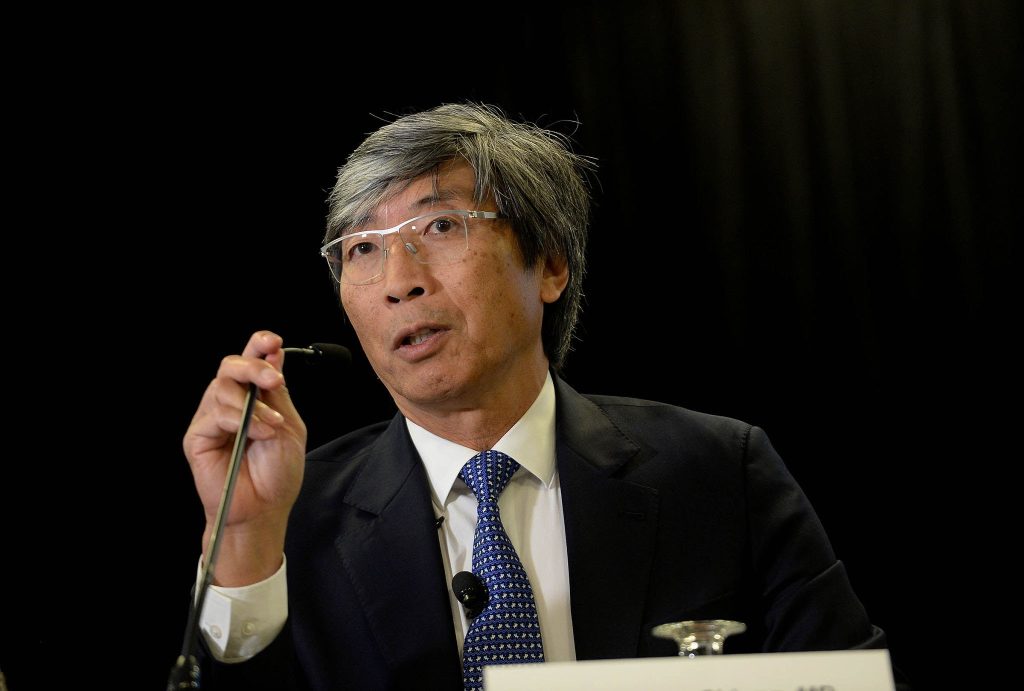
See Video
Pantaleo Romanelli

